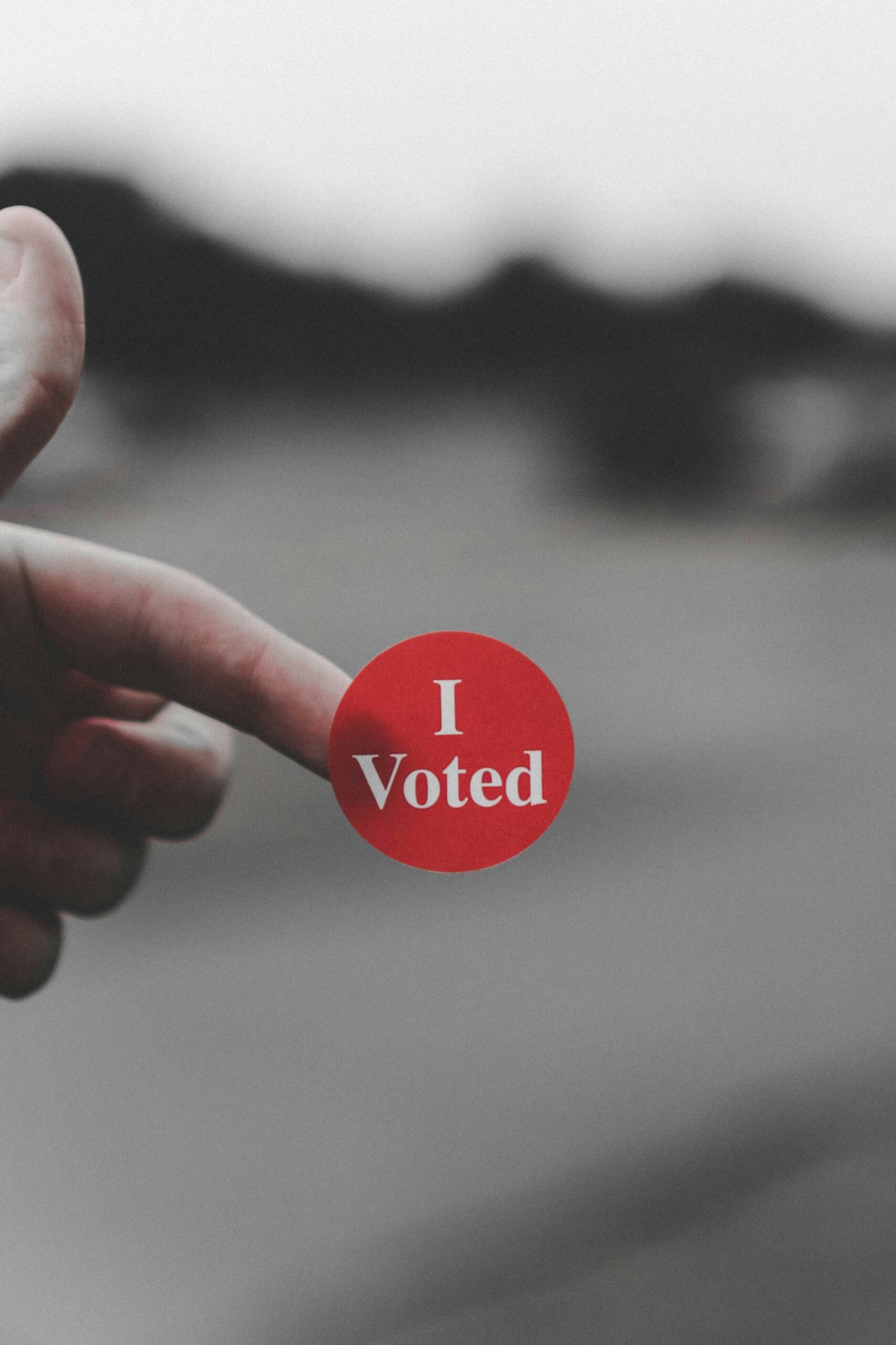Introduction to Victoria College and Leadership Vision
Victoria College Belfast, established in 1853, has a rich educational history and a commitment to fostering academic excellence, personal development, and a supportive community for its students. This prestigious institution prides itself on its holistic approach to education, emphasizing not only academic achievement but also the moral and social development of its pupils. The college’s educational philosophy centers around creating a nurturing environment where students can cultivate their talents, explore their interests, and develop essential life skills. This dedication to student welfare is a driving force behind the various initiatives adopted by the school.
Principal Karen Quinn has been instrumental in shaping this vision since taking the helm at Victoria College. Her leadership style is characterized by a focus on innovation and inclusivity, ensuring that every student feels valued and empowered. Karen Quinn’s commitment to improving student interactions and communication is particularly noteworthy; she recognizes the challenges posed by modern distractions, notably mobile phones, in the learning environment. Through her efforts, the school has embarked on a transformative journey designed to enhance students’ focus and mindfulness.
The recent initiative involving mobile phone pouches exemplifies this vision. By encouraging students to temporarily set aside their devices, Principal Quinn aims to create a more engaged and attentive atmosphere within the classroom. This practice not only fosters better communication skills among peers but also promotes a culture of respect and collaboration. As Victoria College continues to evolve, its leadership remains steadfast in its dedication to providing an enriching educational experience, preparing students to thrive in an increasingly interconnected world.
Rationale Behind the Mobile Phone Pouch Initiative
The increasing prevalence of mobile devices in educational environments has prompted a critical evaluation of their impact on student engagement and well-being. Research indicates that while smartphones serve numerous educational purposes, their excessive use in classrooms can lead to significant distractions, negatively affecting students’ focus during lessons. When students are engaged with their devices, they are less likely to participate actively in discussions or collaborate effectively with peers, which are essential components of a conducive learning atmosphere.
Moreover, the constant connectivity afforded by smartphones can lead to heightened levels of anxiety among students. Studies have shown that the pressure to remain “plugged in” can result in stress, adversely impacting mental health. The omnipresent nature of social media and notifications may foster an environment where students feel compelled to respond at all times, disrupting their ability to concentrate on academic tasks. This digital distraction can hinder their overall learning experience and academic performance, creating a cycle of anxiety and disengagement.
In addition to mental health implications, the overreliance on mobile technology can detrimentally affect students’ social development. Face-to-face interactions, which are critical for developing interpersonal skills, may be diminished when students prioritize digital communication over in-person conversations. This phenomenon can lead to a decline in building meaningful friendships and effective communication skills, both vital for future career success.
Understanding these challenges has led Victoria College Belfast to implement a mobile phone pouch initiative, aiming to create a focused learning environment. By restricting access to mobile devices during school hours, the initiative seeks to foster enhanced engagement among students, encouraging them to participate actively in class activities and build stronger social bonds with their peers, thus addressing the multifaceted concerns associated with excessive phone usage.
Functionality and Implementation of the Pouch System
The initiative at Victoria College Belfast involves the use of specially designed magnetic pouches to enhance students’ focus by minimizing cell phone distractions during school hours. These pouches will be utilized at the beginning of each school day. Upon arrival, students will be required to securely place their mobile phones into these pouches. Each pouch is equipped with a magnetic locking mechanism that helps ensure the devices remain inaccessible until the designated time for their retrieval.
Teachers will have the authority to control access to the pouches throughout the day. At specific times, such as during lunch breaks or after school hours, educators can unlock the pouches using a simple magnetic key. This system allows for a flexible approach to managing phone usage, as it can be adjusted according to the specific needs of each class, ensuring that students stay focused during lessons while still having some access to their devices during designated periods.
The implementation of this pouch system within classrooms will involve staff training to effectively manage the logistics of pouch handling. Teachers will be educated on how to properly distribute the pouches at the start of the day, monitor the system, and communicate the rules to students. This may also include setting up a schedule for when phones can be retrieved, thereby establishing a routine that helps students adapt to this new system.
Looking at a broader context, similar initiatives have been adopted in schools worldwide to combat smartphone-related distractions. For instance, schools in countries like France and Australia have implemented phone bans or pouch systems, observing improvements in student engagement and academic performance. These global comparisons provide valuable insights and highlight the potential effectiveness of Victoria College Belfast’s initiative in enhancing student focus through a well-structured and thoughtfully implemented pouch system.
Reactions and Future Implications of the Initiative
The introduction of mobile phone pouches at Victoria College Belfast has generated a diverse range of reactions among students and parents alike. Many students initially expressed apprehension about the restrictions, voicing concerns over their ability to connect with peers through social media or access vital information during school hours. Parents, on the other hand, have shown a mix of support and skepticism. While some appreciate the effort to minimize digital distractions, others worry that it may hinder communication in case of emergencies.
Despite some reservations, initial feedback from students has highlighted the positive impact that the initiative has on their focus and academic performance. Many learners reported a noticeable reduction in distractions during lessons. Various pupils have suggested enhancements to the initiative, including designated times for phone usage where educational resources can be accessed. This approach may strike a balance between enforcing physical restrictions on phone usage and accommodating the need for digital engagement when appropriate.
Experts in the field of education emphasize the growing importance of managing digital distractions within the classroom environment. Research indicates that while enforcing policies such as mobile phone pouches can mitigate distractions, the underlying issue of excessive smartphone usage requires a more holistic approach. Educators recommend coupling physical restrictions with educational programs that guide students in responsible technology use. This combination may empower students to navigate their digital landscape effectively, even when phones are not readily available.
As Victoria College navigates this new policy, the anticipated outcomes include improved concentration among students, fostering an environment conducive to learning. Additionally, this initiative may serve as a benchmark for other educational institutions considering similar measures. The success of such policies could lead to a reevaluation of how schools approach digital device management, contributing to broader discussions about balancing technology and education in the modern age.
















